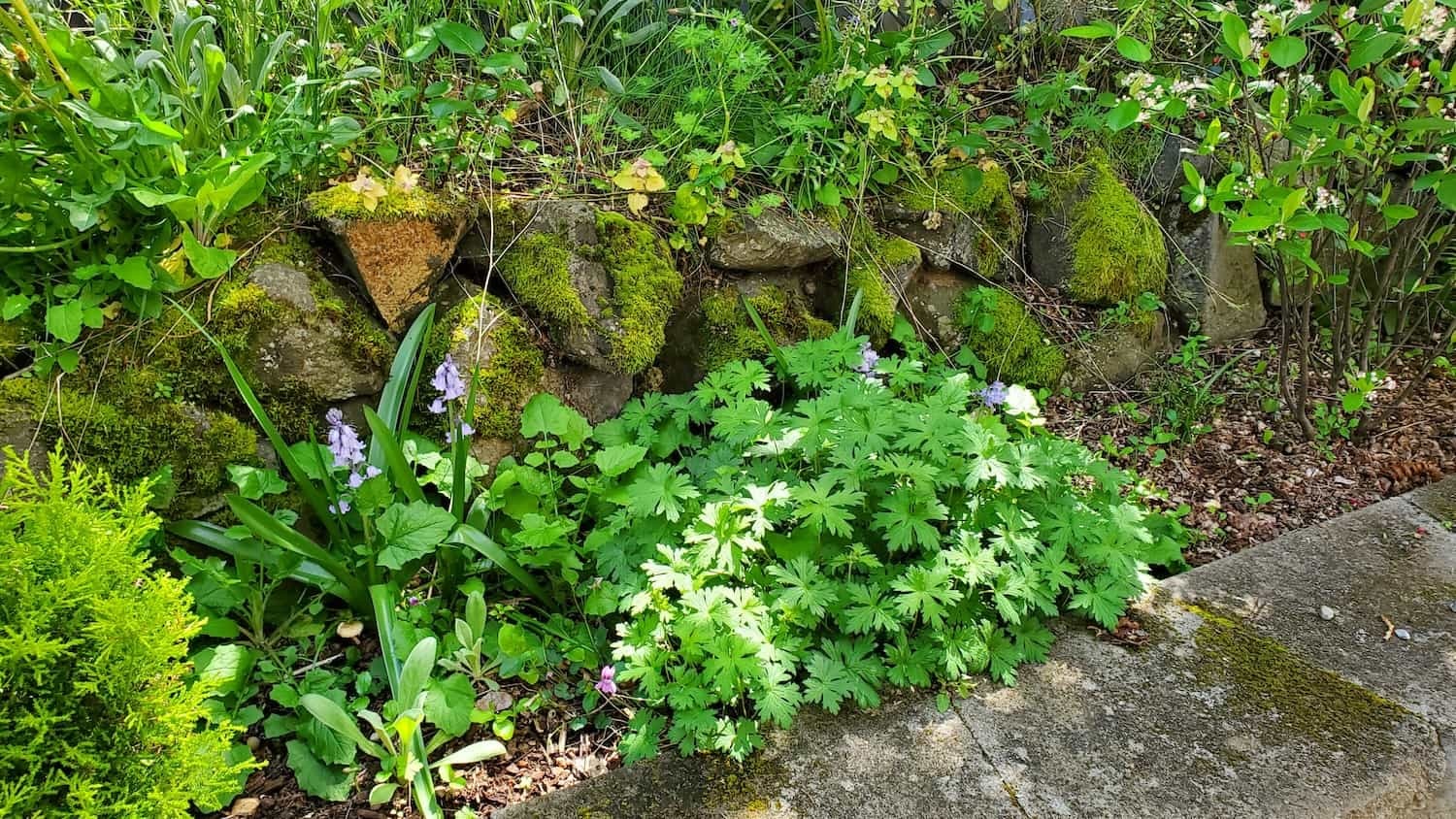West Seattle Hand dig taproot weeds
Homeowner’s Issue
West Seattle yards face a specific set of weed pressures. Heavy winter rain, steep bluff and street-facing slopes, and mixed sun/shade pockets encourage taproot opportunists like dandelion, thistle, burdock, and Salsify. Many properties have thin topsoil over glacial till or compacted fill, so weeds put roots down into dense layers and resist simple mowing. North- and east-facing slopes under large conifers collect moss and ivy, while south- and west-facing turf along Alki and Admiral gets more sun and dries in summer—both conditions favor different weed cycles.
HOAs and neighbors in the Junction and Fauntleroy expect tidy beds and clear edges, so visual control matters. Drainage is often the real issue: water channels along driveways and retaining walls encourage deep-rooted weeds to exploit cracks. Summer watering restrictions and Seattle’s green-waste rules also shape maintenance choices; residents prefer methods that don’t rely on chemicals or heavy irrigation. Hand-digging taproots is the practical, sustainable fix here—done right it reduces repeat sproutings, improves soil access for desired plants, and keeps yards looking cared-for without herbicides or repeated treatments.
Our Quality Service
We remove taproot weeds by hand using trowels, narrow spades, and long-reach weed pullers to extract entire roots without disturbing good plants. Crews work in small teams to protect bed edges, shrubs, and drip irrigation. Typical jobs (single front yard) take 1–4 hours; larger beds or slopes are scoped with an estimate and scheduled within 7–14 days.
Local insight: West Seattle soils vary block-to-block—expect compacted clay in older lots and rockier glacial flats on bluff edges. We plan work around seasonal rain: major digs are best late spring or early fall when soil is moist but not saturated. We use no herbicides; all methods are mechanical, organic, and pet-safe. Benefits include safer play spaces, improved curb appeal, and lower long-term maintenance.
What’s Included
- Full ID of common taproot targets and a written scope.
- Hand extraction of roots and root crowns to minimize regrowth.
- Light soil loosening around removed plants to promote healthy neighbors.
- Removal of debris and responsible disposal (haul-away or green‑waste bin option).
- Basic soil notes and recommendations for follow-up care.
Options / Upgrades:
- Mulch (organic bark) with optional weed‑suppressing layering.
- Burlap or landscape fabric installations for narrow beds (where appropriate).
- Compost or organic soil amendment top-dress.
- Repeat follow-up visits (4–12 week check-ins) instead of one-off service.
Before & After / Expectations
Work can be dusty and produce green waste piles; expect some noise from hand tools and wheelbarrows. We’ll need clear access to beds and a place to stage debris for haul-away or green‑waste pickup. On slopes or terraces, expect a bit more time and careful staging for safety.
Care tips for West Seattle:
- Best watering window after hand-digging is a light soak within 48 hours if plants nearby are stressed; avoid heavy irrigation that encourages weeds.
- Watch for new sprouts in spring and late summer—plan a 6–12 week follow-up during high growth periods.
- In shady, mossy beds (near Lincoln Park or under mature maples), remove leaf litter and add coarse mulch to reduce moss and shallow root competition.
- For ivy and deeply rooted invasives, expect staged treatments and repeated manual removal rather than a single pass.
FAQs
Q: Will this stop regrowth permanently?
A: No single visit guarantees permanent removal. Proper root extraction greatly reduces regrowth; follow-up checks (every 6–12 weeks) are recommended.Q: Do you use herbicides or chemicals?
A: No. We use mechanical and organic methods only—no herbicides, consistent with Seattle green practices.Q: How long until my beds look “done”?
A: Most properties show visible improvement same day; full stabilization and reduced regrowth take 4–12 weeks depending on season.Q: Can you take the waste to the city green bin?
A: Yes. We offer haul-away or we can load waste into your curbside green‑waste bin if space and timing allow.
Call to Action
If your West Seattle yard is tired of thistles, burdock, or deep taproots, book a free estimate. We schedule quick site checks, provide clear pricing, and use sustainable, pet-safe methods. Trusted local crews familiar with Alki, Admiral, and the Junction make the work efficient and long‑lasting.
Email neatandtidyseattle@gmail.com to get a free photo estimate or book an onsite visit.










